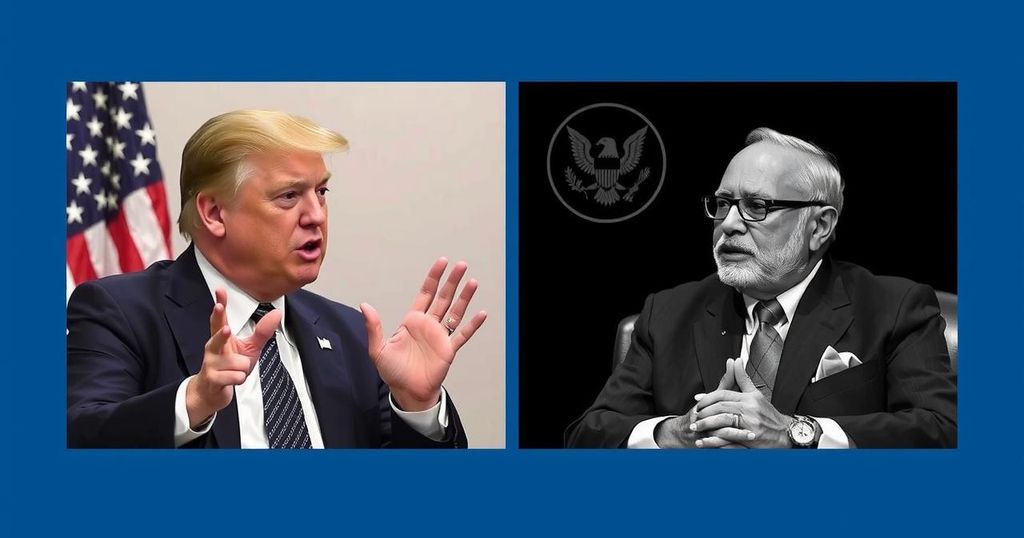U.S. National Security Advisor Jake Sullivan announced during a meeting with Indian NSA Ajit Doval that the U.S. will take steps to delist Indian nuclear entities. This move aims to enhance civil nuclear collaboration and strengthen clean energy supply chains. Discussions also included updates on U.S. missile export control policies and advancements in critical technologies under the U.S.-India Initiative on Critical and Emerging Technologies.
During a significant meeting between U.S. National Security Advisor Jake Sullivan and his Indian counterpart Ajit Doval, it was announced that the United States would take essential steps to delist Indian nuclear entities. This initiative is expected to enhance civil nuclear collaboration and support resilient clean energy supply chains. Furthermore, Sullivan informed the Indian representatives about updates to U.S. missile export control policies, which fall under the Missile Technology Control Regime (MTCR), aimed at enhancing commercial space cooperation between the two nations.
The discussions emphasized the ongoing effectiveness and progress of their high-level dialogue, which spans diverse fields, including defense, cybersecurity, and maritime security. The U.S.-India Initiative on Critical and Emerging Technologies (iCET), initiated by Prime Minister Narendra Modi and President Joseph Biden during the Quad Summit in Tokyo on May 24, 2022, has propelled concrete initiatives across critical sectors such as Artificial Intelligence, Quantum Computing, Semiconductors, Telecommunications, Defense, and Space, as stated by the Ministry of External Affairs.
During a related event at IIT-Delhi, Sullivan remarked on Doval’s vision to leverage advanced technologies as a means to enhance the U.S.-India relationship, articulating how such advancements could drive mutual interests, uphold shared values, and contribute positively to global progress. In addition to his discussions with Doval, Sullivan met with Prime Minister Modi, who acknowledged the elevated status of the India-U.S. Comprehensive Global Strategic Partnership in areas such as technology and defense, expressing a desire to continue building on this momentum for the collective benefit of both nations.
The recent announcement by U.S. National Security Advisor Jake Sullivan regarding the delisting of Indian nuclear entities is part of a broader effort to strengthen the strategic partnership between the United States and India. This initiative is focused on enhancing civil nuclear cooperation and fostering stronger clean energy supply chains, which are essential in today’s global context of energy security and sustainability. The meeting also highlighted advancements in U.S. missile export control policies, designed to facilitate more robust commercial space cooperation with India. The U.S.-India Initiative on Critical and Emerging Technologies (iCET) is also a key framework through which the two countries are planning their future technological collaboration, which has implications for various fields critical to contemporary global security and economic development. Sullivan’s remarks at IIT-Delhi and his subsequent meeting with Prime Minister Modi underline the importance of technology in fostering closer ties between the two nations, indicating a shared commitment to progress in defense, artificial intelligence, and other emerging technologies.
The meeting between U.S. NSA Jake Sullivan and Indian NSA Ajit Doval marked a pivotal moment in the U.S.-India strategic partnership, as it set the stage for enhanced civil nuclear cooperation and robust technological collaboration. The commitment to delist Indian nuclear entities not only signifies a deepening of bilateral ties but also underscores the importance of technology in shaping the future of U.S.-India relations. With ongoing dialogues centered around critical technologies, both nations are poised to achieve greater cooperation across numerous sectors.
Original Source: www.hindustantimes.com






